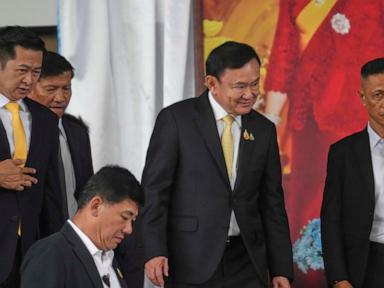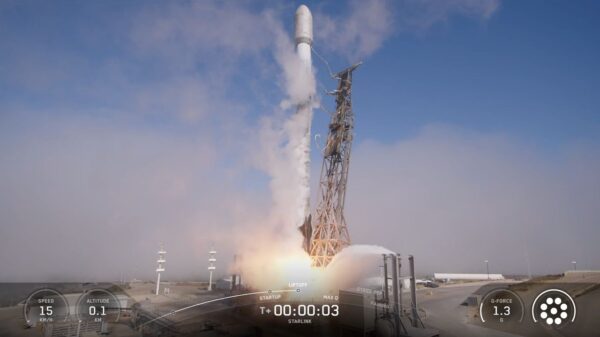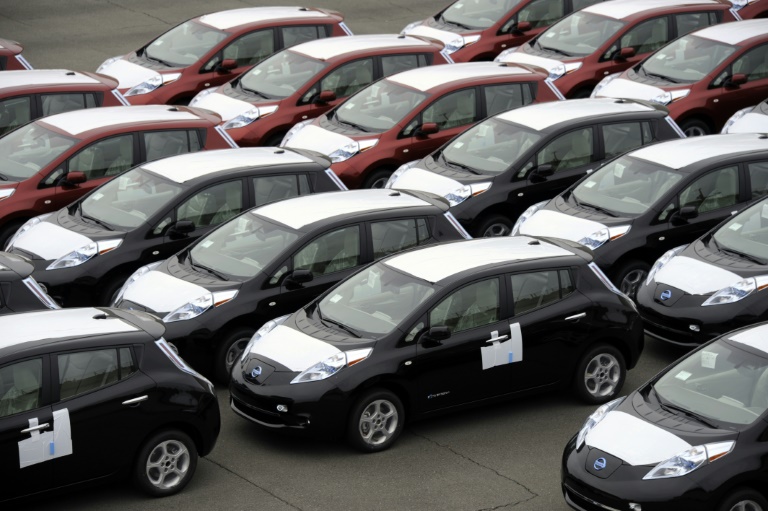Nissan Motor Co. announced on Tuesday that it will cease vehicle production at its Oppama plant in Japan by the end of its fiscal year 2027. This decision comes in the wake of a staggering net loss of 671 billion yen (approximately $4.5 billion) for the previous year, prompting the company to implement significant structural changes, including a reduction of 15 percent in its global workforce.
The Oppama plant, located near Yokohama, has been in operation since 1961 and employed around 3,900 people as of October 2024. Known for pioneering advanced vehicle production, it was the birthplace of the Nissan LEAF, which became the world’s first mass-market electric vehicle. In its statement, Nissan confirmed that production activities would be transferred to another existing facility on the southern Japanese island of Kyushu.
As part of a broader strategy to stabilize its operations, Nissan is consolidating its production facilities from 17 to 10 by the end of the 2027 fiscal year. This restructuring is part of an extensive turnaround plan aimed at addressing the challenges the company faces in an increasingly competitive automotive market, particularly against rising Chinese electric vehicle brands.
Nissan’s financial woes have been compounded by the collapse of merger talks with Japanese rival Honda earlier this year. These discussions, which were seen as a potential lifeline for Nissan, fell apart when Honda proposed making Nissan a subsidiary. The company has encountered numerous difficulties over the years, including the dramatic arrest of former CEO Carlos Ghosn in 2018, who later fled Japan under controversial circumstances.
Previously, Nissan had plans to construct a $1 billion battery plant in southern Japan, but these were shelved due to unfavorable market conditions. The company’s situation has led to downgrades from ratings agencies, with Moody’s highlighting Nissan’s “weak profitability” and “ageing model portfolio.”
Furthermore, Nissan is particularly vulnerable to recent tariff changes, notably the 25 percent tariff imposed by the United States on imported Japanese vehicles, affecting its price-sensitive customer base.
In light of these challenges, there are emerging discussions about potential partnerships. Taiwanese electronics giant Foxconn, known for assembling iPhones and expanding its footprint in the automotive sector, has expressed interest in acquiring Renault’s stake in Nissan. This could provide Nissan with a much-needed boost as it navigates this turbulent period in its history.
Nissan’s strategic pivot reflects a broader trend among automakers as they adapt to a rapidly evolving industry landscape marked by technological advancements and shifting consumer preferences.
































































